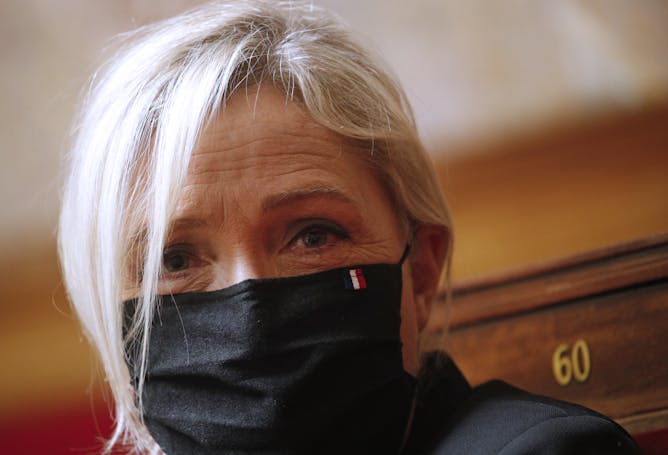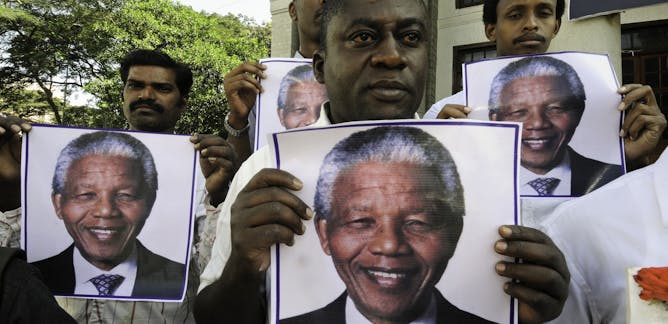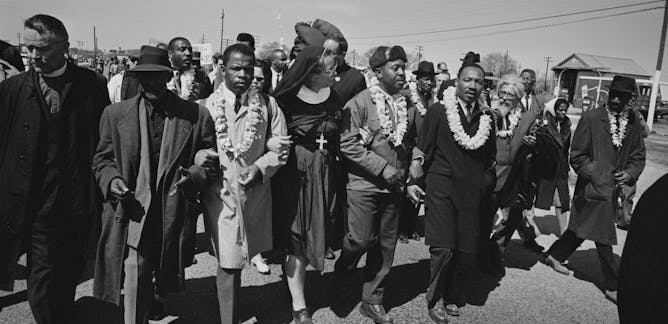|
Over the past decade, far-right agitators in western Europe have thrived on crisis. The financial crash of 2008 and the influx of refugees that began in 2015 both became an opportunity for people like Marine Le Pen in France and Matteo Salvini in Italy to attack the status quo with populist messaging. But these groups are struggling to gain traction during the coronavirus crisis. Georgios Samaras looks into why these groups can’t seem to
find the right formula for pandemic politics.
The higher education sector globally has been disrupted by the COVID-19 pandemic. In the absence of international travel and gatherings, one of the many aspects that have been affected are international research collaborations. Salome Maswime, Kevin Marsh and Rifat Atun share their thoughts on whether COVID-19 and its after-effects will bring about long-term changes to higher education, in particular the shift in the power dynamics between
African and foreign institutions.
|

France’s Marine Le Pen has failed to make an impact during the pandemic.
EPA/Yoan Valat
Georgios Samaras, King's College London
Incumbent governments are enjoying renewed popularity during the pandemic, while far-right challengers get bogged down in conspiracy theories.
|

Post-COVID, there’s an opportunity to form lateral research partnerships driven by the needs of African communities.
GettyImages
Salome Maswime, University of Cape Town; Kevin Marsh, University of Oxford; Rifat Atun, Harvard University
Changes caused by COVID-19 in the higher education sector could alter the power dynamics between African researchers and those from developed countries.
|
Politics + Society
|

Gavin Evans, Birkbeck, University of London
Mandela left at the right time in 1999, when the country still seemed in a healthy state, after which he consolidated his international reputation.
| |

Lawrence Burnley, University of Dayton
From the earliest days of the civil rights struggle, Black religious leaders have infused the fight for justice with spirituality. Rep. Lewis and Rev. Vivian are no exception.
|
|
|
Health + Medicine
|

Sanjay Mishra, Vanderbilt University
The results from the phase 1 trial are a promising first step in showing that the mRNA vaccine is a viable candidate, but there are unanswered questions and it is still early in the process.
| |

Frances Williams, King's College London
An overactive immune system may be behind some of the virus's long after-effects.
|
|
|
Energy + Environment
|

Nixon Muganda, University of the Witwatersrand
Kenya's new internet balloons could help to get more Kenyans online and drive new industry.
| |

Gareth Dorrian, University of Birmingham; Ian Whittaker, Nottingham Trent University
Neowise has an orbit of almost 6800 years, meaning that the last generation of people to see it would have lived during the 5th millennium BC.
|
|
|